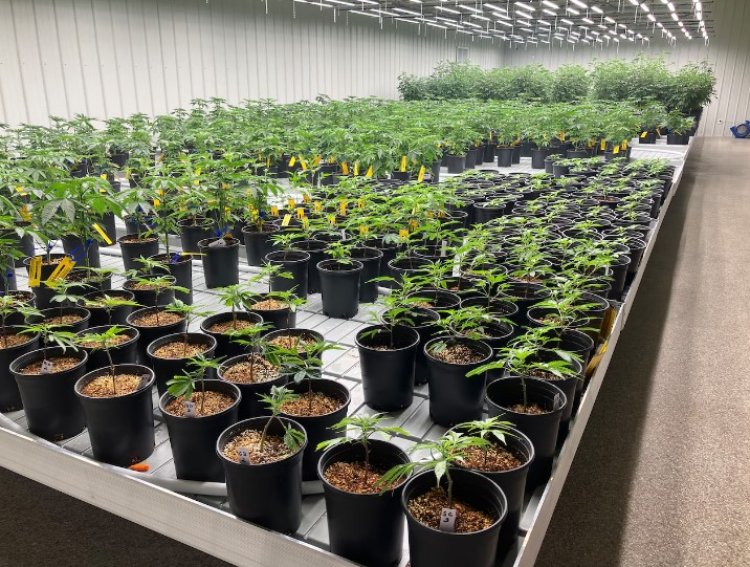Judge's New Order Extends 'Heartbreaking' Delay of Medical Cannabis in Alabama
On Thursday, Montgomery County Circuit Judge James Anderson issued a new temporary restraining order, preventing the Alabama Medical Cannabis Commission (AMCC) from issuing licenses crucial to the launch of the state's medical cannabis industry.

On Thursday, Montgomery County Circuit Judge James Anderson issued a new temporary restraining order, preventing the Alabama Medical Cannabis Commission (AMCC) from issuing licenses crucial to the launch of the state's medical cannabis industry.
This decision followed a July 2 hearing where lawyers for the AMCC and various companies presented their arguments. Anderson noted that the plaintiffs likely had a valid claim that the AMCC did not adhere to its own rules for scoring, averaging, and ranking applications when awarding licenses. He also found that the commission's investigative hearing process, meant as an appeal for denied licenses, did not comply with the Alabama Administrative Procedures Act.
Anderson denied the AMCC’s motion to dismiss the complaint filed by Alabama Always, a Montgomery-based company that was not awarded an integrated license despite more than 30 applications for just five available licenses.
The AMCC has had to rescind licenses awarded in June, August, and December of last year due to procedural issues and ongoing litigation.
“Again, the court is sympathetic to the public interest in getting medicine in the hands of patients,” Anderson wrote. “That said, the December 12 awards are the Commission’s third round of licensing awards at issue, and the prior two award rounds remain the subject of ongoing litigation – meaning that the Commission’s effort to issue licenses now is already on uneven ground.”
Anderson emphasized that his goal is to protect the rights of all companies applying for licenses. The AMCC has already issued licenses for cultivators, processors, secure transporters, and a state testing lab. However, licenses for integrated companies and dispensaries remain on hold.
Although cultivators are growing plants for medical cannabis products, the products cannot reach patients until the litigation is resolved.
On Thursday, the AMCC also approved regulatory changes in response to a bill that transferred the responsibility for regulating cultivators from the Alabama Department of Agriculture and Industries to the AMCC.
Patient advocates, including Amanda Taylor of Cullman and former state Rep. Mike Ball of Huntsville, spoke at the meeting. Ball, a proponent of medical cannabis, emphasized the compassionate origins of the initiative and the need to start helping those who are suffering. Taylor shared that she receives numerous calls daily from people in dire need of medical cannabis.
Cynthia Atkinson, who has been advocating for medical cannabis since before the law passed and whose late husband found relief from Parkinson’s symptoms using medical cannabis, described the situation as "heartbreaking" for Alabama patients.
AMCC Chairman Rex Vaughn expressed gratitude for the advocates' efforts and stressed the commission’s commitment to issuing licenses as soon as possible within legal constraints. He reaffirmed the commission's confidence in their licensing decisions and the desire to expedite the process.
The 2021 Compassion Act allows for the production of various medical cannabis products to treat conditions such as chronic pain, cancer-related weight loss and nausea, depression, epilepsy, PTSD, and more.







